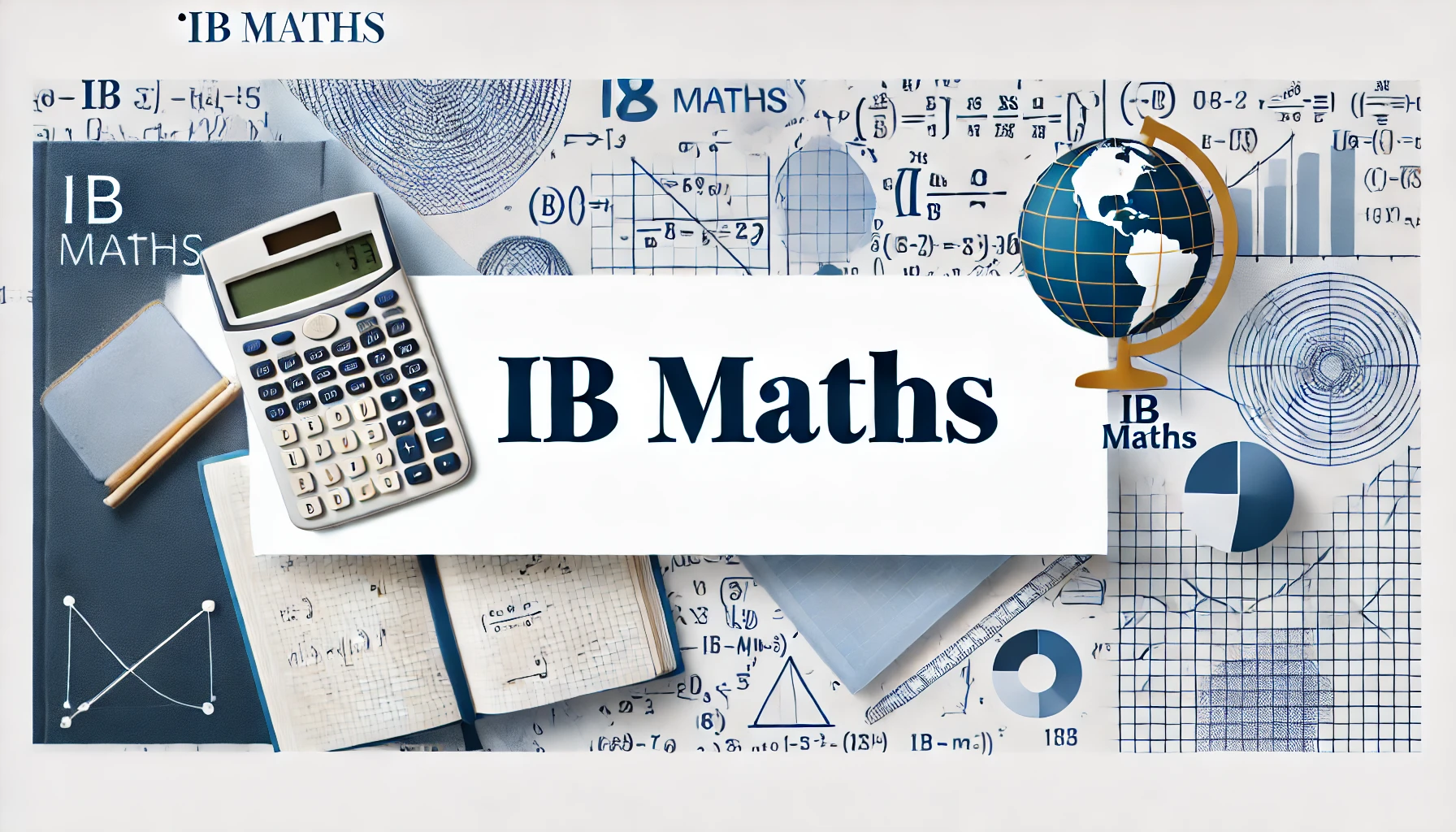

Success in IB Geography is not just about understanding patterns and processes; it’s about presenting your knowledge in a way that aligns with the expectations of IB examiners. Command terms are critical in this context—they guide how you structure your responses and ensure you address all necessary components of the question.
What Are Command Terms?
Command terms are the instructional words or phrases used in IB Geography questions, guiding students on how to structure and present their answers. These terms range from simpler tasks like "state" or "outline" to more complex directives such as "evaluate" or "discuss."
Each command term has a precise meaning, and examiners expect students to address them accurately. For example:
- "Describe" requires you to provide detailed information about a geographical process or pattern.
- "Analyse" asks you to break down a concept or phenomenon, identifying its key components and relationships.
With exams contributing significantly to the overall marks in most IB subjects, mastering command terms is essential for achieving strong results.
💡Check out our blog for a full breakdown of how the IB is graded!
IB Geography Command Terms
Why Are Command Terms Important?
- Clarity in Expectations:
- Command terms clearly specify what the question demands. Misinterpreting or ignoring them can result in incomplete or irrelevant answers, even if your geographical knowledge is strong.
- Efficient Time Management:
- Recognising the command term early allows you to structure your response appropriately, saving time and avoiding unnecessary details.
- Maximising Marks:
- IB examiners allocate marks based on how well you address the specific requirements of a question. Responding effectively to command terms ensures you meet the necessary criteria for full marks.
Study and Exam Tips for IB Geography
Mastering command terms is just one part of excelling in IB Geography. To fully prepare for your exams, incorporate these strategies into your study routine:
1. Practise Past Papers
Get familiar with how command terms are applied in actual IB Geography exams by working through past papers. Pay attention to how questions are structured and use mark schemes to understand the required level of depth and detail.
After consulting with over 500 IB tutors, one standout piece of advice was clear: the best way to prepare for IB exams is by practising past papers.
2. Create a Command Term Glossary
Compile a list of all command terms with their definitions. Use flashcards or a central document to regularly review them, ensuring you understand the expectations for each term.
3. Study Mark Schemes
Analyse how marks are awarded for various questions. Understanding the requirements for each command term will help you tailor your responses to meet the necessary criteria.
4. Use Case Studies Effectively
For terms like "evaluate" or "discuss," incorporate relevant case studies to support your arguments. Well-chosen examples demonstrate your understanding of real-world applications and strengthen your responses.
5. Practise Under Timed Conditions
Simulate exam scenarios by practising under time constraints. This will help you quickly identify command terms and construct clear, concise responses during the actual exam.
6. Seek Constructive Feedback
Have your teacher or tutor review your practice responses and provide feedback. This will help you refine your approach and ensure your answers align with the expectations of the command terms.
Conclusion
Mastering command terms is a critical step towards success in IB Geography. These terms provide a framework for crafting responses that meet the expectations of IB examiners. However, achieving top marks also requires consistent practice, a strong grasp of geographical concepts, and the effective use of case studies and examples.
With dedication and the right strategies, you’ll be well-prepared to excel in IB Geography, delivering insightful answers and reaching your academic goals.






